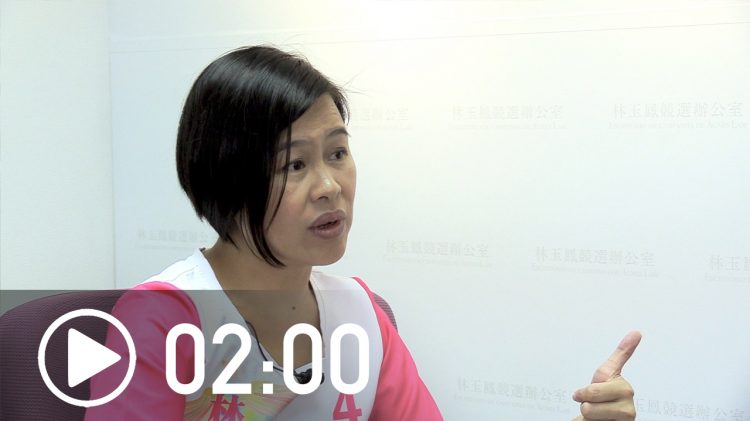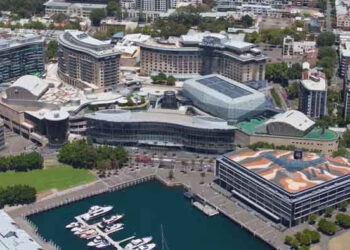{youtube}dcrJYkaLEO0|638|359|1{/youtube}
Newly elected member of Macau’s Legislative Assembly, Agnes Lam, has called for a “social contract” to be applied to gaming license renewals for Macau’s six concessionaires, requiring operators to give more back to society.
In an exclusive interview with Inside Asian Gaming, Ms Lam – who is also Assistant Dean of the University of Macau’s Faculty of Social Sciences – said she believes Macau’s gaming operators aren’t doing enough to provide assistance to the local community, with “at least half of the population” feeling that they “have never benefited from the booming of the economy.”
But she said that a lot of social concerns could be addressed by including social responsibility clauses in upcoming license renewals, pointing to a similar clause in SJM’s gaming concession contract requiring it to regularly dredge Macau’s harbor in exchange for a 1% gaming tax exemption.
“The government can put these terms into the new contracts – that’s one way to do it,” Ms Lam told IAG. “When [SJM parent company] STDM was the only player, they were requested to pay a certain amount of money to enhance the culture and infrastructure of Macau. When Stanley Ho got his license, he was asked to fix the problem we have with mud around the seaside because the government didn’t have the money to do that.
“That would be another way for the casino operators to do their part. They need to realize that it’s not about giving a discount to local Macau people and saying, ‘We love Macau people, come and we’ll give you a 20% discount’.
“We need to try to use the resources in some other way and really support Macau.”
The current gaming concessions of SJM and MGM expire in 2020, with Sands China, Galaxy, Wynn and Melco Resorts expiring in 2022.
Ms Lam credited the operators for providing huge benefit to Macau’s economy, including improved infrastructure and facilities and near full employment.
However, she also pointed to certain key issues that have arisen including housing affordability and traffic congestion. In particular, Ms Lam took aim at the hundreds of casino buses used to transport visitors from the border gate, airport and ferry terminals to Macau’s casinos and IRs.
“Transportation is a big headache,” she said. “I think ordinary people from Macau, they will hate the buses running by the gaming players because they basically occupy a lot of road space every day. We hate that … because there are a lot of traffic jams and we all see those gaming buses.
“I know that everyone wants to take people from the border to their hotel but at the same time we cannot just allow them to do that.”
Ms Lam also called for operators to consider providing accommodation for employees closer to their workplace to help ease traffic congestion.
“They should provide more accommodation for their people so that if they are living nearby the hotel or the casino, we can reduce a lot of time for travel for people from the city,” she said.





























